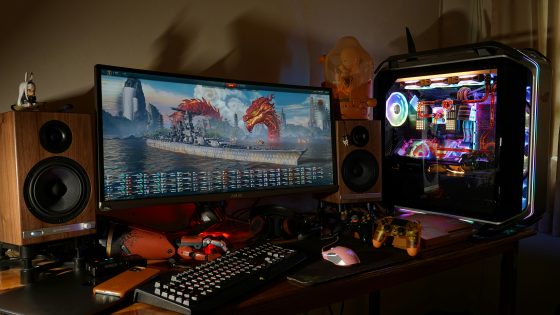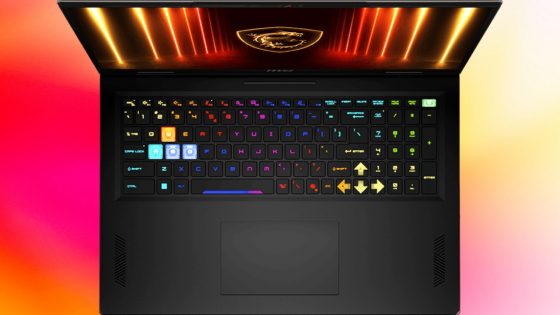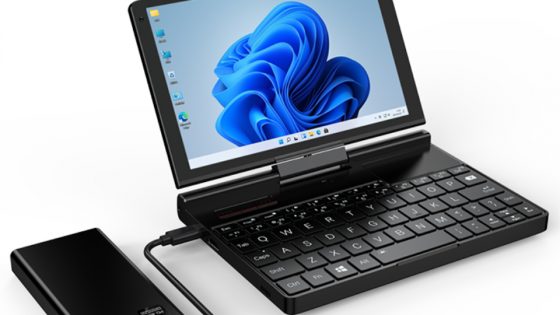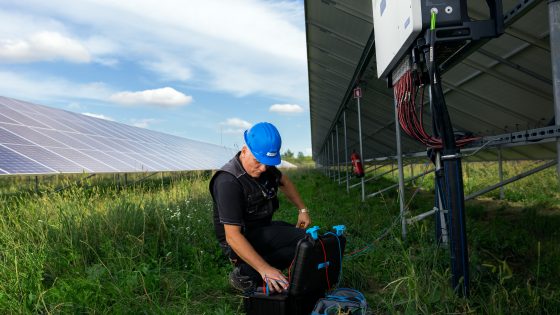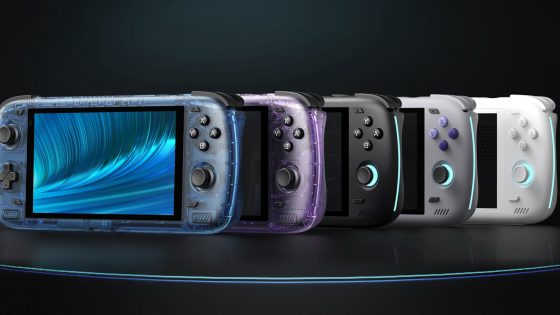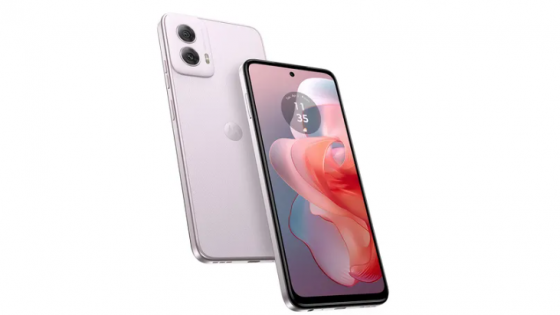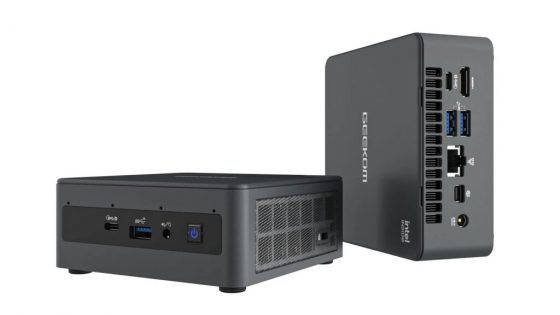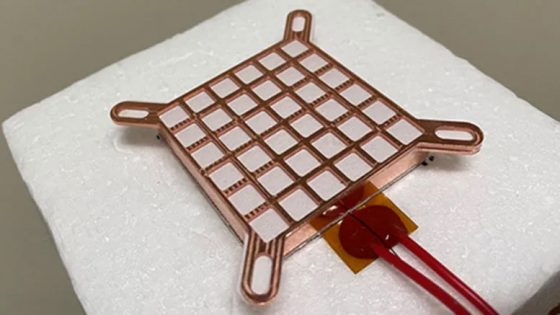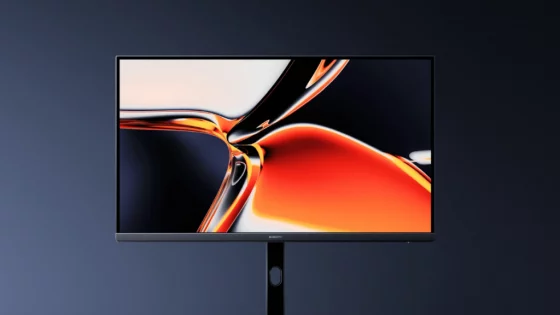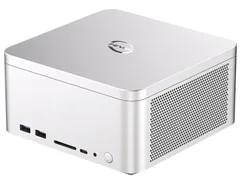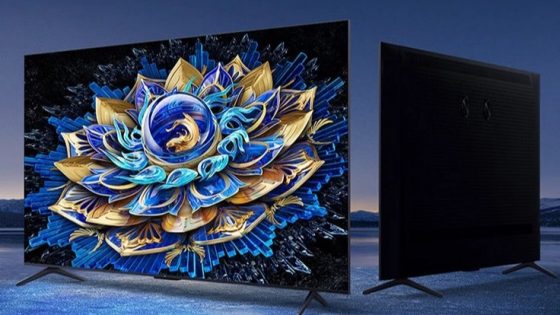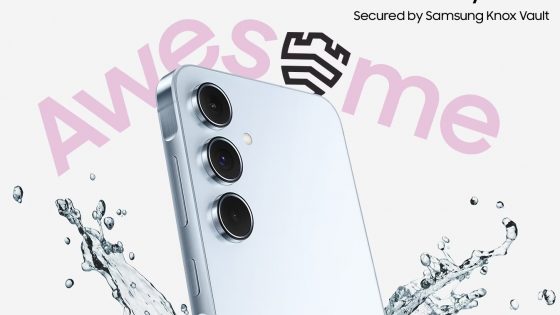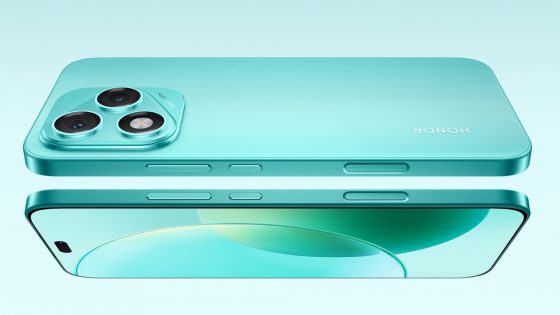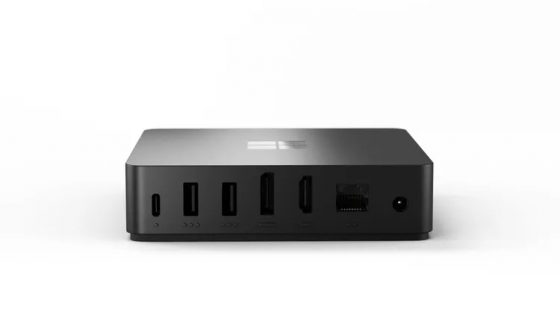Which computer components are not smart to buy used?
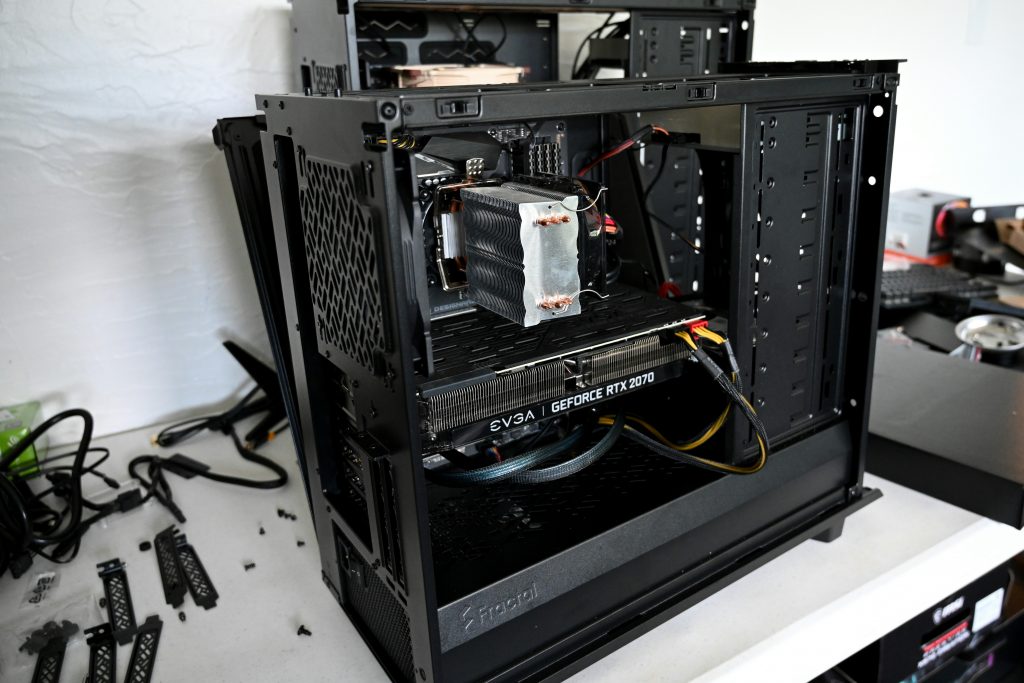
How does the RTX 7700 XT sound for a good €250? Or the Intel i7-14700K for just under €300? The second-hand computer equipment market can be the right decision if you shop thoughtfully, on the right sites, and especially the right components. Graphics cards, processors, and RAM are fairly safe choices, even if they've been in use for a few years. By nature, these are more reliable components compared to drives.
With a used graphics card, you can just change the thermal paste and it will be almost "like new". Graphics cards that have been used for mining, for example, have been, or still are, sold without any problems, even though they have quite a few working hours behind them. It's the same with processors. In both cases, of course, it is considered that the components worked under normal conditions, and not, for example, with inadequate cooling, a broken fan or something similar.
However, there are components where saving by buying used makes less sense, or the purchase makes sense only under certain conditions.
Avoid buying used HDDs unless you…
... you are looking for large capacities for your home server, you regularly create data backups and you are aware that there is a greater chance of failure. You might be lucky and find HDDs with only a few hundred working hours. There are not many options, but it has already happened that some, often bankrupt companies, wanted to get rid of almost new components.
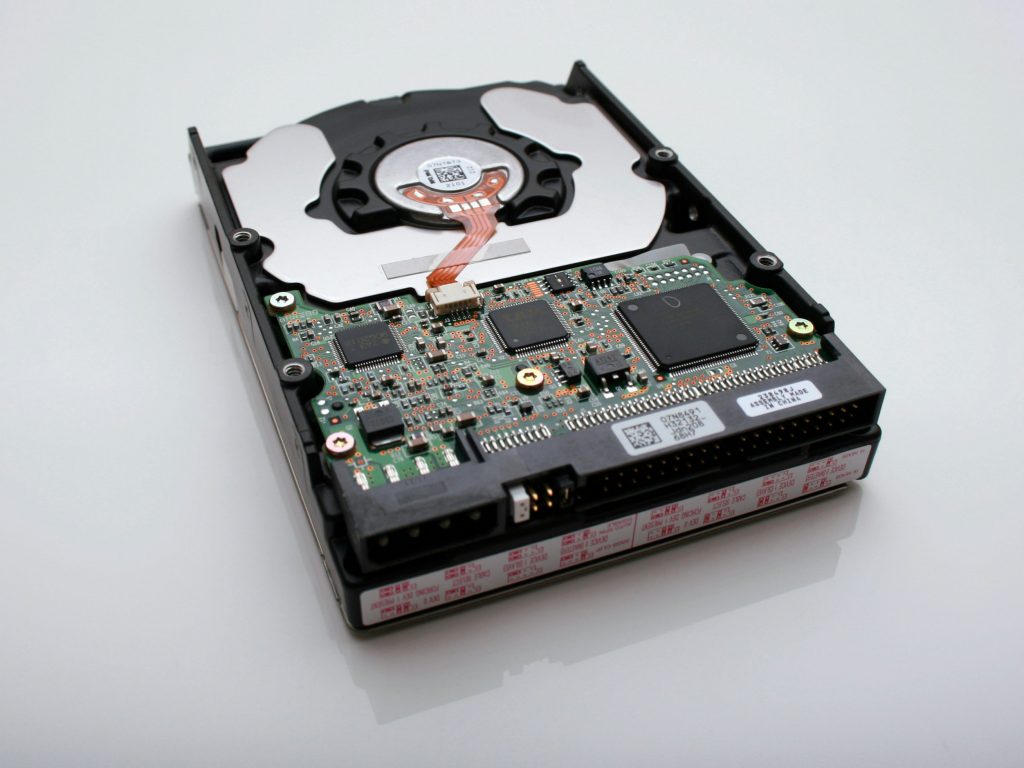
If you don't belong to this group and are just a regular user, you should skip the second-hand market in this segment. You usually don't do well financially either. The price of a new HDD with a capacity of 2 TB is around €50. Even if you can get a used HDD for half the price, the savings are paltry and the risk is high - especially if you're not careful and end up buying a 4-5 year old drive.
If you really need to squeeze every cent out of your budget and an SSD isn't a viable option, then at least test the HDD before buying. If the seller mails it to you, you'll still have to hope that they package it properly and that it doesn't get damaged in transit. Use it for data you won't miss in the event of premature failure, or start thinking about backups.
What about SSD drives? Are they a safer choice?
Compared to HDDs, sure, but like any component, SSDs have a certain lifespan. If an SSD drive is rated at 600 TBW (Total Bytes Written), it means that we can write 600 terabytes of data on it. In fact, this is the manufacturer's guarantee and warranty limit. An SSD drive can fail even earlier (rarely), but it can also live much longer, even for a multiple of its guaranteed lifetime.
A more reliable metric is the health or the remaining life of the SSD drive, which can be viewed in the companion programs of each manufacturer or with the help of other programs, for example CrystalDiskInfo.
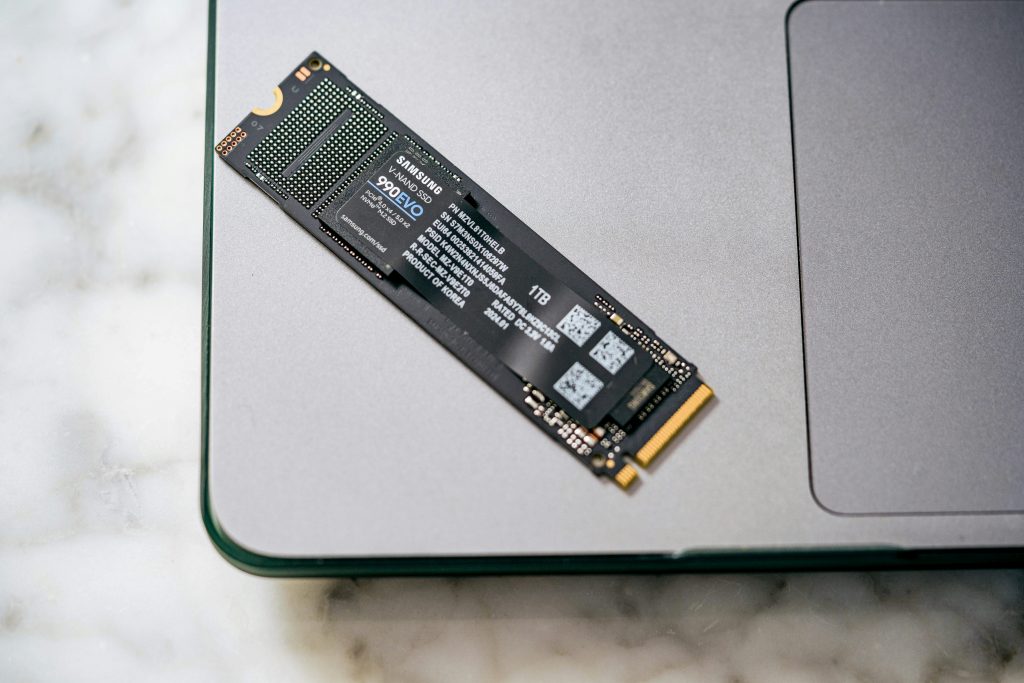
Before buying a used SSD drive, test it or ask the seller for snapshots of the drive's health data.
Similar to HDDs, it is considered that buying used SSDs is mostly not worth it due to the small savings and higher risk. If you'll be storing games and other data on it that you don't care about losing, and you'll save a fair amount by buying used, then it might make sense to buy, but still follow the advice above.
Water cooling systems can be a recipe for disaster
Water cooling looks a lot "cooler" than air cooling, but it also carries more risk. Air coolers are simpler, have fewer parts, so there are fewer points of failure. When buying used air coolers, a physical inspection is usually enough to make sure everything is in order with the ribs, that the cooler is not bent, etc.
However, with water cooling systems, it can be difficult to determine if there is something wrong with the pump, pipes or radiator. You should not be satisfied with just a physical examination. Have the dealer run a stress test in front of you so you can watch the temperatures live. And that's no guarantee either.
You can get a new water cooling system for as little as €50. Is it really worth the risk to save ten or twenty euros? It is better to buy a new one - and you still get the warranty.
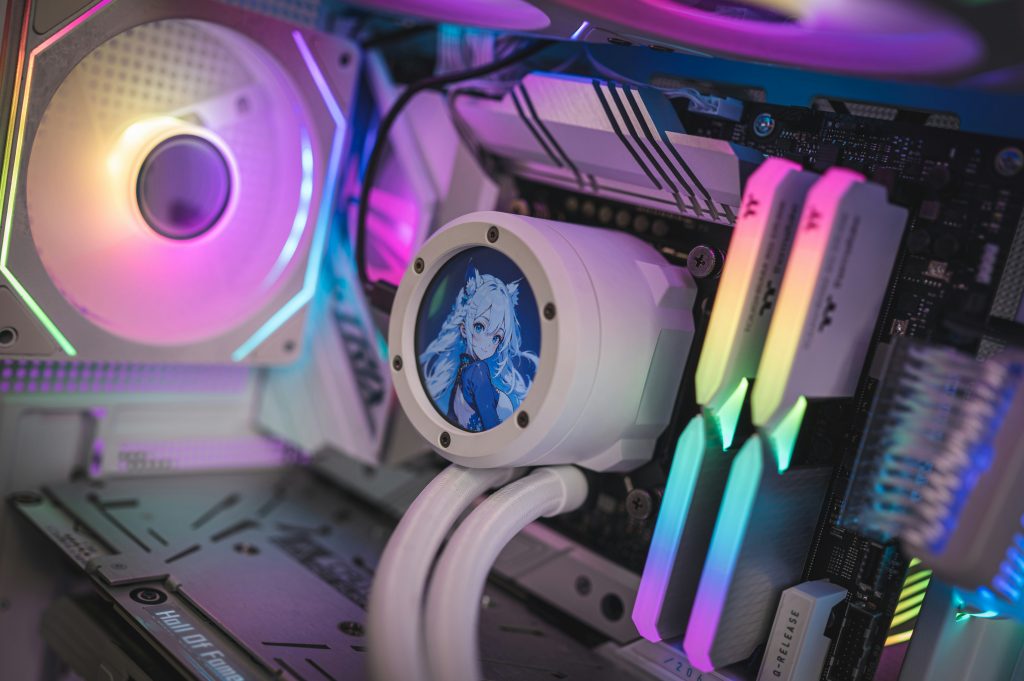
It rests too much on the base plate
With the base plate, the savings can be much higher. But it is more difficult to determine whether everything is in the best order with the base plate. You can pay attention to the metal contacts (pins), which in newer processor architectures are on the motherboard and not on the processor. If you see bent or even missing contacts, skip bidding unless you are confident and experienced in repairing base boards and contacts.
That said, it is the most obvious sign that something is wrong with the motherboard. It is more difficult to determine at first glance the condition of capacitors, resistors, fuses and other components. A slightly safer purchase is in combination with a processor, so you can test both components before buying. It is even better if you buy the motherboard in an assembled computer, so that you can check if everything is fine with the memory, if all the connectors work, etc.
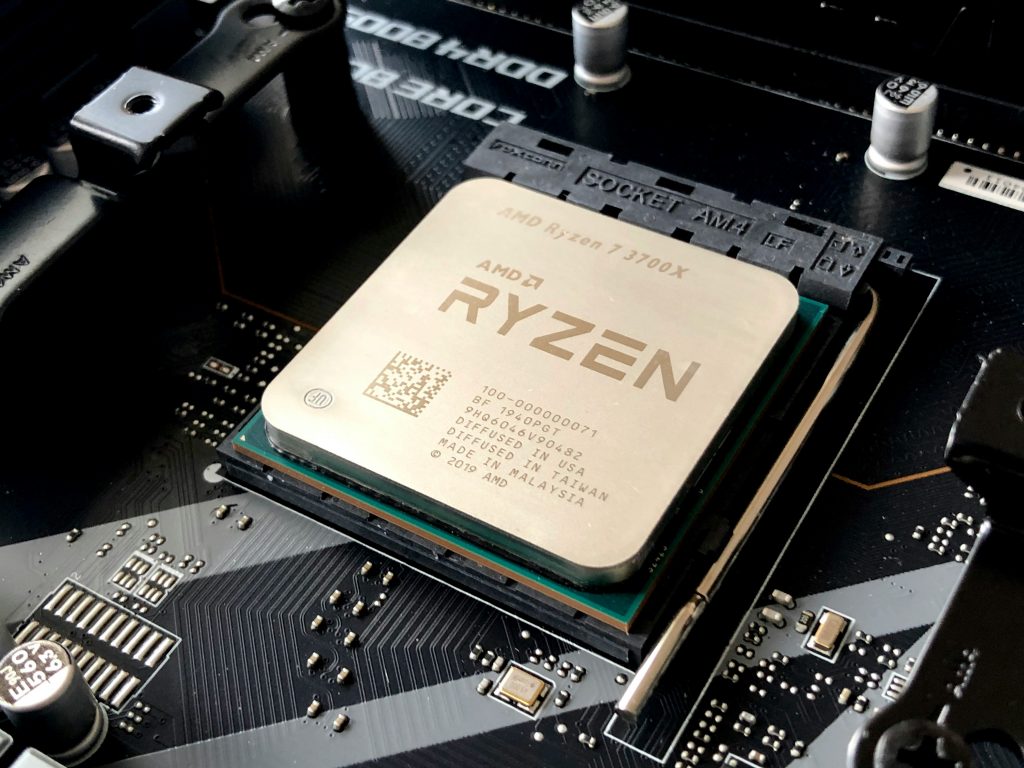
The power supply is one of the most reliable components
The power supply is one of the most reliable components, but if it fails, a faulty power supply can send all the other components to an untimely grave. Because of this risk alone, buying a used power supply is not recommended. However, buying a used power supply of higher quality is a better decision than buying a new power supply of an unknown manufacturer or of inferior quality.
The power supply is also more difficult to test. The dealer should put it back in the computer, connect all the components and run some tests. A lot of work for someone who wants a few tens of euros for a used power supply. When buying used modular power supplies, you should also pay attention to the fact that the seller will provide you with the appropriate cables.
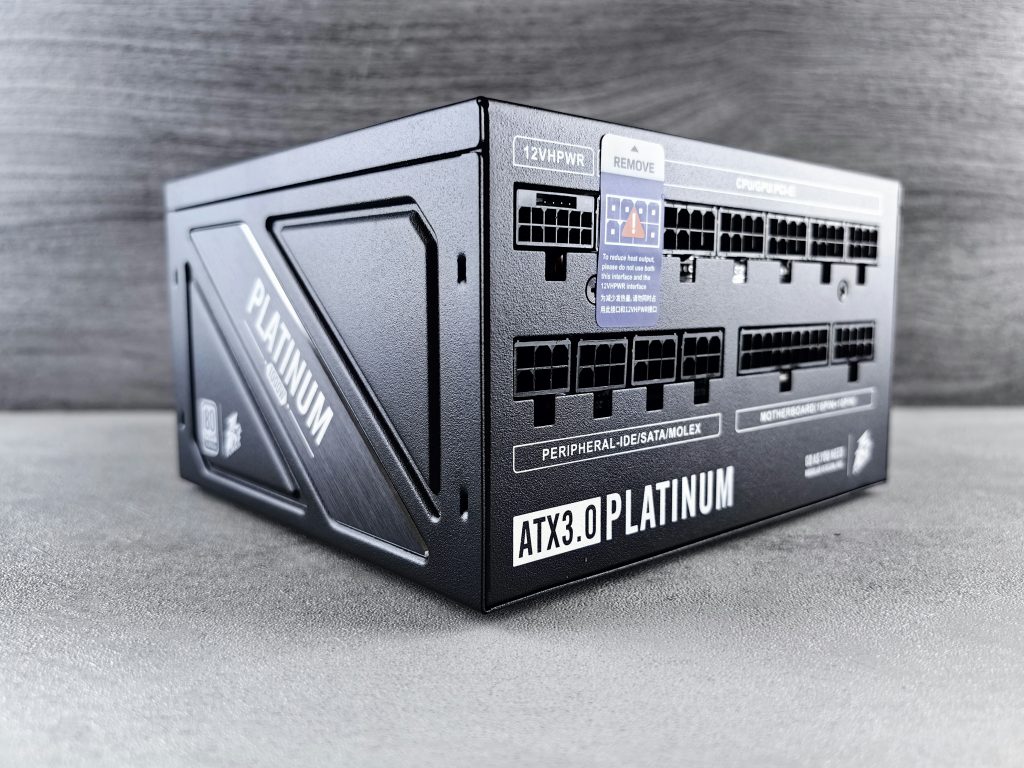
What is your risk tolerance?
How much are you willing to risk? How confident are you in your abilities to spot a good bargain and the most obvious signs of wear on individual components?
If you're clear about what you're getting into and it's a good compromise for the money you'll save, the used component market will be a goldmine for you.
For ordinary users, processors, graphics cards, RAM and cases represent the least risk among used components.
First, check with friends or acquaintances if anyone wants to get rid of a used computer or component. This will make it easier for you to check the background, how the component was used, for what and for how long, and also test the computer live. If there is an account, even better.
Don't avoid buying used components. Follow our advice, weigh every offer, inquire about every little thing before you buy, and it may happen that you will honestly reduce the final amount with used components.




